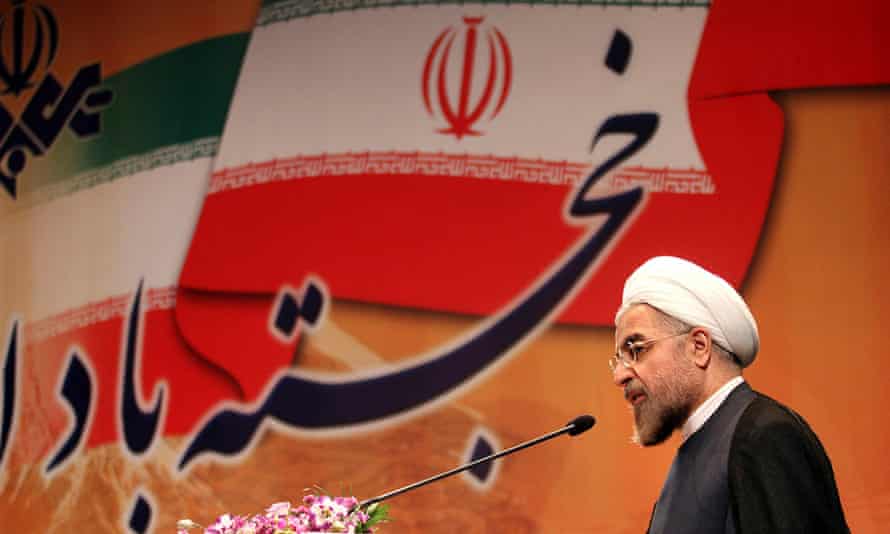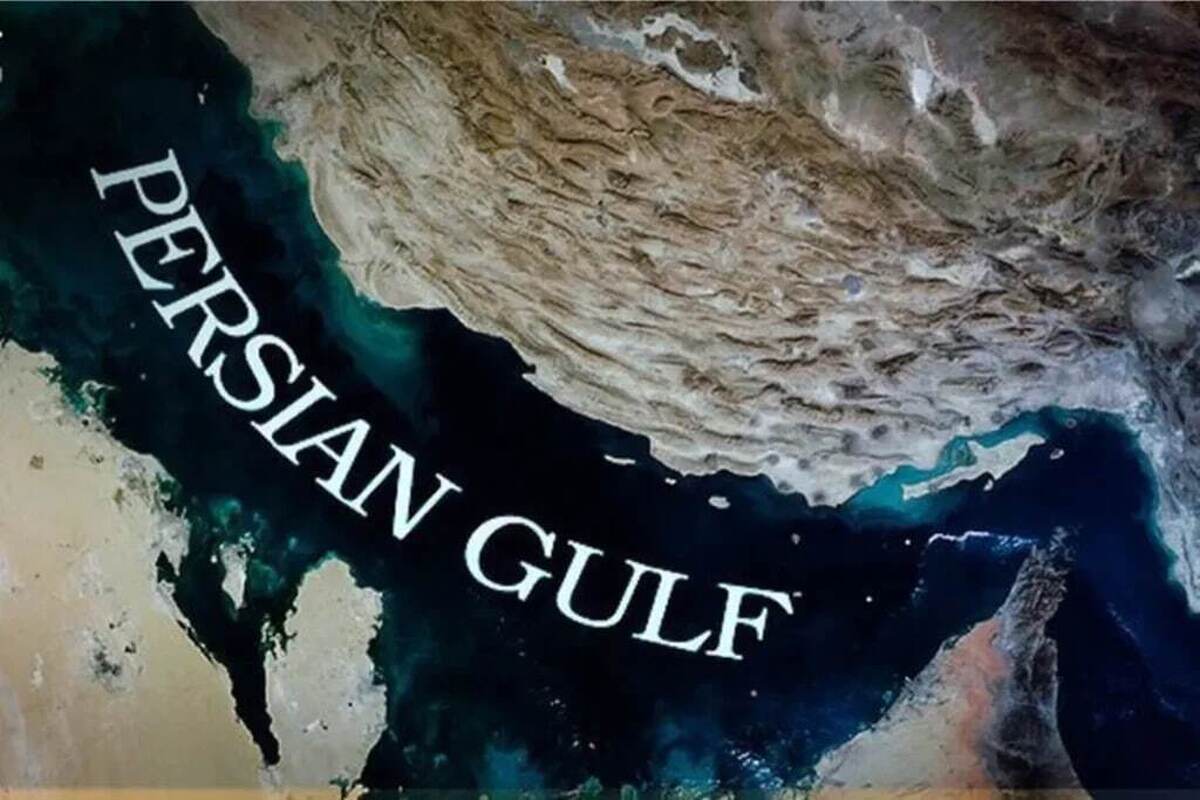
How an anti-elite TV drama became Iran’s lockdown hit
A woman screams for her life after being locked in a Mercedes-Benz in a junkyard. In the next scene, all that is left of her is a metal cube with blood gushing out. This isn’t a scene from the latest horror film, but the first episode of the new Iranian drama series, Aghazadeh – taken from a term used to describe children of the Iranian elite with privilege, connections and influence.
During the coronavirus pandemic, many Iranians, like much of the west, are stuck at home streaming the latest hit shows. The Aghazadeh series, which was released by the Iranian version of Netflix, Namava, is one of the most-watched series to date, with about two million subscribers tuning in. Yet what makes this drama stand out is not just the display of taboo subjects – the use of drugs and depiction of illegal mixed parties with alcohol and Billie Eilish’s Bad Guy blaring in the background – but its attempt to address the Iranian public’s discontent over the blatant corruption of the political elite’s children.
By shedding light on the behaviour of the Islamic Republic’s elite, the popular series has the potential to influence voters’ attitudes ahead of next year’s presidential election. Systemic corruption has long plagued the Islamic Republic and even played a factor in driving people on to the streets – most recently the November 2019 protests, in which security forces are believed to have killed more than 200 protesters and arrested thousands.
The show follows antagonist Nima Bahri, an aghazadeh who shops at Christie’s auction house, flies to Dubai on a private jet and aspires to be Gordon Gekko from Oliver Stone’s film Wall Street. Bahri has so much money that he has to launder it. One of the ways he does so is through the auctioning of counterfeit paintings, such as a work by the late Iranian painter and poet Sohrab Sepehri – one of the many nods to real-life events (a Sepehri painting sold for more than $637,000 at the Tehran Auction in 2018, only months after the US reimposed sanctions on Iran). Bahri’s nemesis is judiciary intelligence agent Hamed Tehrani, a fellow aghazadeh – albeit from a pious and humble background – who tries to put Bahri on trial for economic crimes.
In an interview with Mehr news agency, Hamed Angha, the screenwriter and producer of the series, explained: “If you think that Aghazadeh’s narrative is very corrupt, both morally and economically, I tell you what you see is just the tip of an iceberg!”
The show was produced with some financial backing from affiliates of the Islamic Revolutionary Guard Corps (IRGC), suggesting a political agenda is at play. Following the storyline closely, it’s clear the series is taking a jab at those associated with the Hassan Rouhani administration, which is known for its pro-western engagement stance and negotiation of the 2015 nuclear agreement.
Though allegations of corruption in the Revolutionary Guards are familiar, many of the popular stories about extravagance in the elite feature pro-western engagement circles inside Iran. The term aghazadeh was initially coined to target the children of the late former president, Ali Akbar Hashemi Rafsanjani, who was once featured in Forbes magazine as a “millionaire mullah” with personal wealth of more than $1bn. Rafsanjani’s son, Mehdi Hashemi, was sentenced in 2015 to over a decade in prison on charges of corruption. Then there’s the son of the former Iranian ambassador to Venezuela, Sasha Sobhani, now a singer, who shamelessly flaunts his extreme wealth and arm candies to his 2.6 million followers on Instagram.
The clan of the founder of the Islamic Republic, Ayatollah Ruhollah Khomeini, is not exempt. In 2018, one of his great-granddaughters, Nayima Taheri, who studied in Canada, posted Instagram stories of her helicopter tour over Los Angeles. Taheri’s cousin, Ahmed Khomeini, a reformist, came under fire for his “luxury” lifestyle in Tehran, including wearing western labels like Tommy Hilfiger and Nike, and his wife’s equestrianism.
Thanks to social media, the aghazadeh life is no longer the stuff of rumour – it’s easily accessed and is circulating online for the average Iranian to see.
The series is also polishing the image of the country’s judiciary. The protagonist is considered to be most like Rasoul Ghahremani, assistant prosecutor in Tehran in charge of economic crimes, who has become the poster boy of the anti-corruption drive led by hardliner judiciary chief Ebrahim Raisi, a top contender for future Supreme Leader. Raisi’s crackdown, almost certainly executed for political gain and to consolidate power, has targeted certain members of the elite, specifically those close to President Rouhani.
Tackling corruption will be a central issue on campaign trail ahead of June’s election, and the Aghazadeh series will have played a subtle role in priming the country. It will likely give hardliners an edge, perhaps by launching populist campaigns against the corruption of more pragmatic and reformist factions.
Such tactics have been unsuccessfully attempted before, but the times have changed. Iranians are fed up with the systemic corruption. With access to much of the country’s wealth, hardliners are equally guilty. But this time, they have popular culture – and a captive audience – on their side.
- Holly Dagres is a fellow in the Atlantic Council’s Middle East programs
Source: They Guardian



